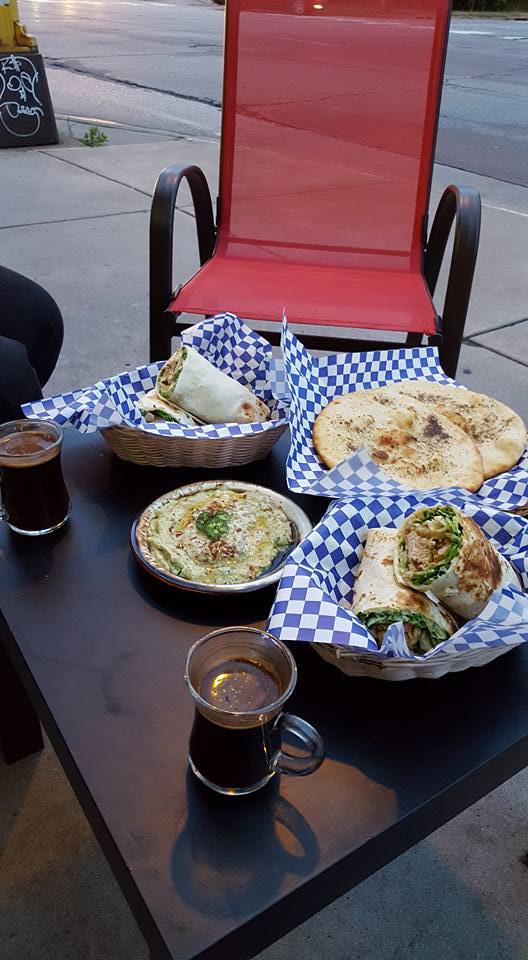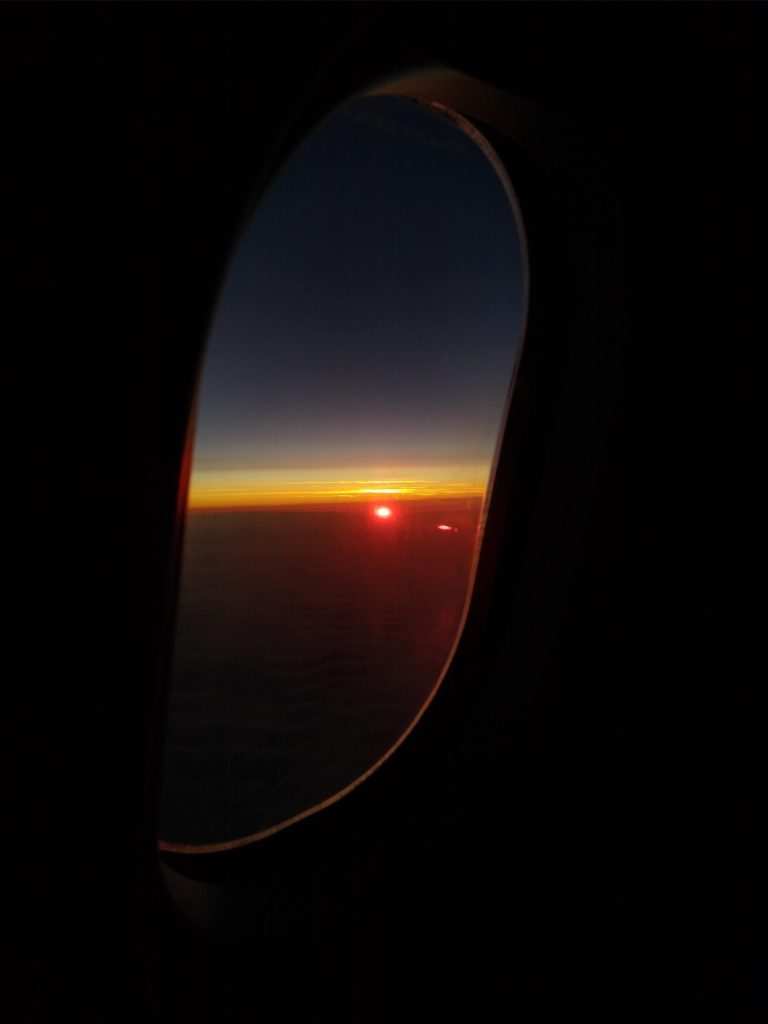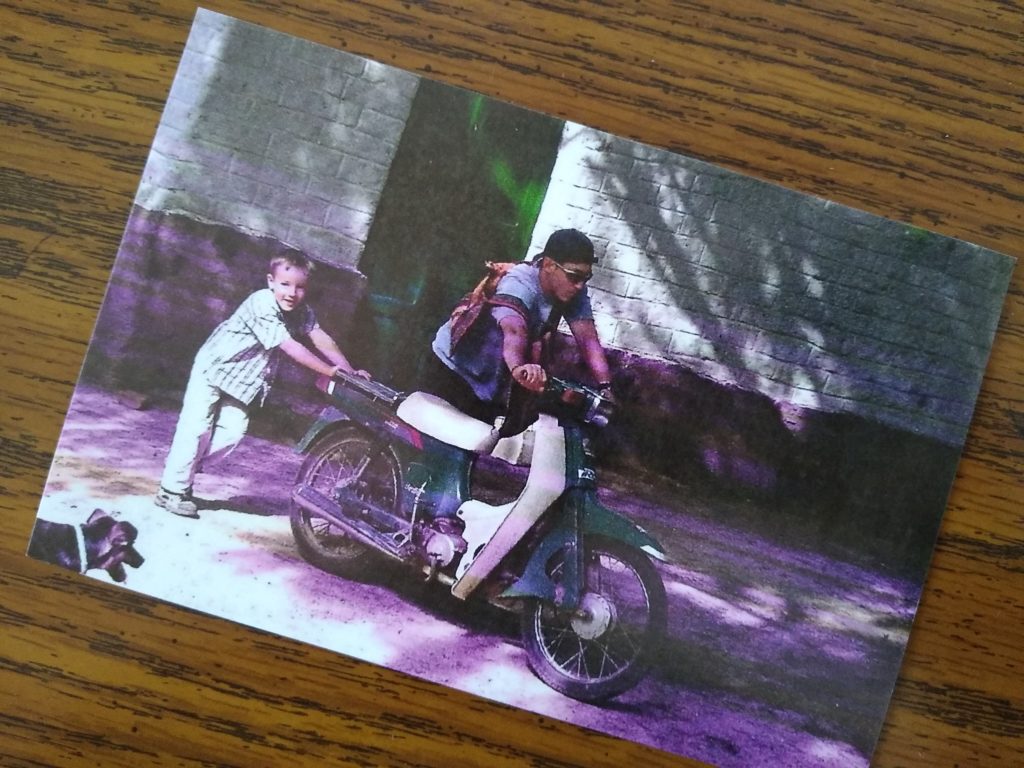
Travel Journal, 115
The first time I had Turkish Coffee, I sat in a small square in the Muslim quarter of Jerusalem. We had spent a great first day in Jerusalem and found a tiny spot to stop for a quick coffee. After 12 hours of flying and 2 hours on a bus, followed by a night of questionable sleep, we lunged headfirst into seeing it all. And the Old City blew us away. But this story isn’t about the Western Wall, or history, or the forever conflict between Israel and the Palestinian Authority. It’s about coffee. (It’s also about the COVID-19 restaurant restrictions between 2020 and 2021.) This was several years ago. I was much younger, and my love for coffee has only grown since then.
Turkish Coffee is not a type of coffee, but a coffee preparation that originated in ancient Turkey, namely the Ottoman Empire. Since then, it spread to all over Eastern Europe and the Middle East. Turkish coffee consists of a finely ground coffee and various spices, such as cardamom. It is also served with sugar. The coffee is typically served with only a few ounces of boiling water. The server will scoop the grounds, spice, and sugar into a small copper pot with a small handle and heat it to boiling several times. After it has met with his satisfaction, the coffee slurry is poured into cup. The drinker then waits for the grounds to settle to the bottom of the cup, hence most Turkish coffees are served in glass. After the coffee has had time to steep and settle, the drinker tucks into probably the most powerful cup of coffee they have ever tasted.
I hadn’t found a place in Minnesota that served Turkish Coffee until I made a stop at a small Egyptian café on University Ave in Minneapolis. I stood at the counter, shocked that I had finally found a hookup for the good stuff. Over the next few years, I frequented the café many times. The owner, Adel, and I talked quite a bit each time I patroned his shop. (Not the same Adel heard on the top 40 list.)
He lived above the restaurant with his family. He would regale me with stories of visiting his mother in Cairo and guide me through the menu of great food items he served, and tell me what it was like to emigrate to the US. One time he was held up in his café. The man had a gun and forced Adel to make him a sandwich before he stole all of his money. “No onions! No onions!” the man screamed, holding a gun barrel held to Adel’s head. But he pressed on, and grew a successful business. Ah, the American dream.
Two years ago, things changed. The COVID-19 pandemic swept the world. Fifteen days of closures and restrictions turned into something more like 15 months. Wide varieties of industry suffered. Grocery stores fared well. Amazon did just dandy. Food delivery, online video meeting services, Netflix, internet services, and politicians all made more money than they know how to spend. All of the companies designated as, “frontline” or “essential”, thrived during a time of vast economic drought.
And one of the largest industries to suffer was the restaurant industry. Sure, some places could stay open and offer takeout. But many couldn’t. A recent Time article reported that the industry lost $240 billion in 2020 and 80,000 restaurants have shut their doors. But don’t think that your favorite burger chain was the place to suffer. Reuters reported that over 80% of all restaurant traffic during 2020-2021, took place at fast food chain restaurants. It’s the locally owned and operated cafés and restaurants that suffered and closed their doors.
I got a text from a friend yesterday. It was a screenshot of the Egyptian café we used to visit. Its doors have closed permanently. And such is life now. The pandemic revealed what we as American culture value. If you want a McCafe or a Chalupa, you’re in luck. Those places are thriving and building new franchises. But you’ll be hard pressed to find a small Egyptian café, serving excellent falafel and Turkish coffee. You’ll be hard pressed to talk to a smiling immigrant pouring you another cup of cardamom-flavored coffee as he tells you about his family in Cairo. The personal touch of the local café may be dying. But we can do our part.
Eat local. Don’t drive though. Sit down. Try the new stuff. Smile at the wait staff. Be patient if you have to wait a while. Leave a nice tip. Listen to the stories of strangers. If you don’t, you might miss out. The world does not need more fast-casual dining. The world needs real people, serving real food, and real coffee.
anthony forrest

